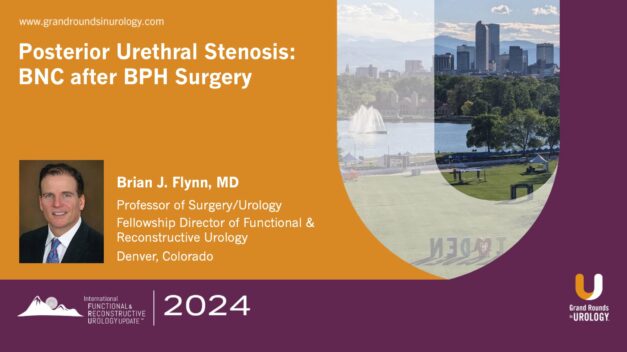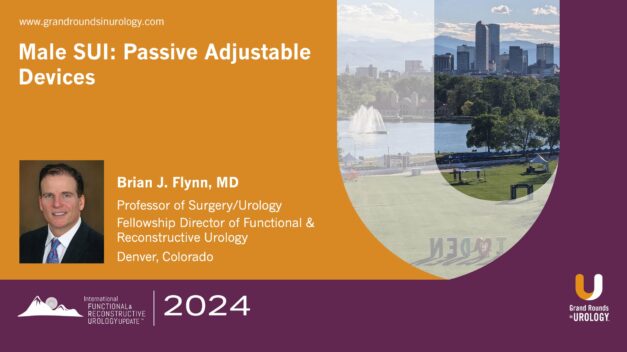Female Stress Urinary Incontinence 2023
Brian J. Flynn, MD, provides a comprehensive update on managing female stress urinary incontinence (SUI) as of 2023. His 24-minute presentation meticulously reviews the latest advancements in both diagnostic and therapeutic approaches.
Dr. Flynn compares the advantages and disadvantages of current treatment options for SUI, including bulking agents, TVT, MUS, and TOT. While mid-urethral slings remain the gold standard for treatment, Dr. Flynn highlights emerging alternatives, including adjustable slings and ACT, which offer tailored solutions for patients with varying degrees of SUI.
Dr. Flynn stresses the importance of individualized treatment planning, which considers patient preferences, comorbidities, and previous surgical history when choosing a treatment plan to optimize patient outcomes.
Read More




